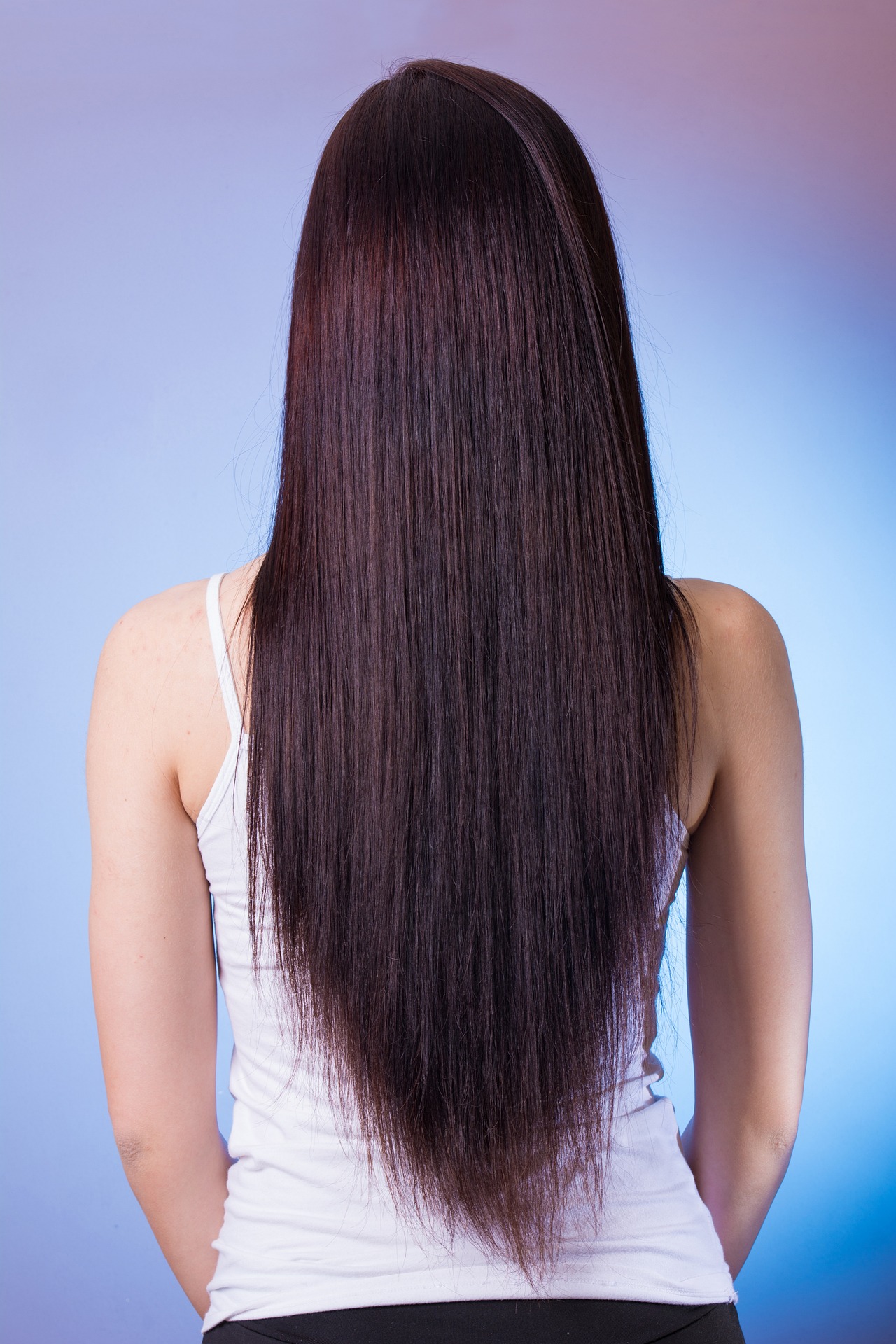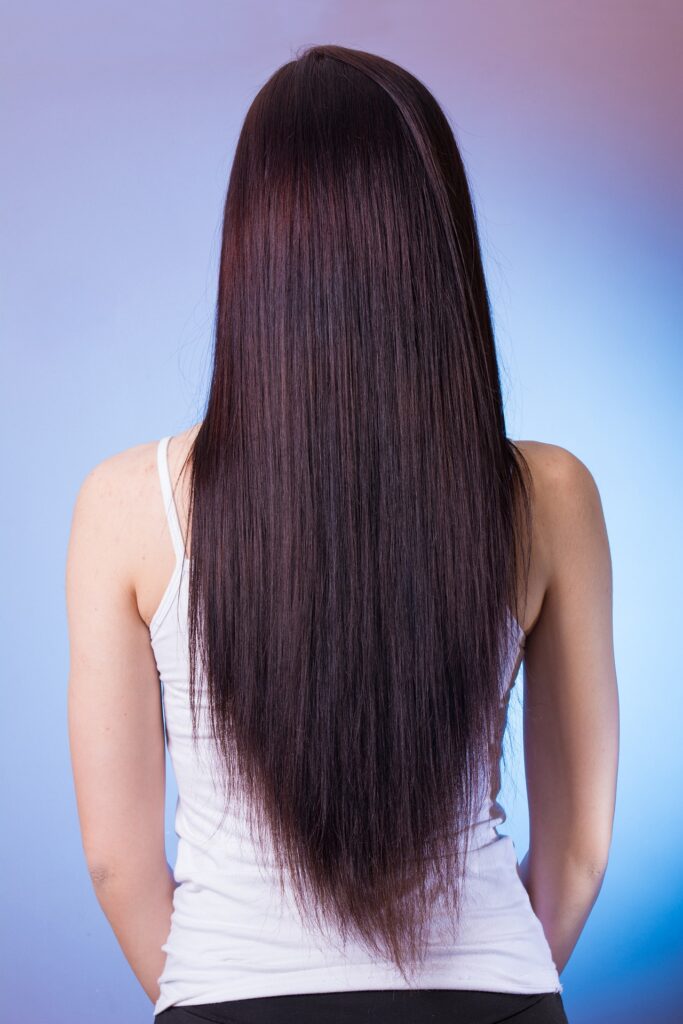
Hairfall
Are you experiencing hair fall? If you’ve been noticing an increased amount of hair falling out, you’re not alone. Hair loss is a common concern for many individuals, both men and women alike. In this article, we will explore the various causes of hair loss and provide you with some effective solutions to address the issue. So, let’s dive in and find out why your hair may be falling out and what you can do about it.
Hair Fall: A Common Issue
Hair fall, also known as hair loss or hair shedding, can be a distressing problem. It is normal to lose around 50 to 100 hairs per day as part of the hair growth cycle. However, if you’re noticing clumps of hair in your brush, on your pillow, or in the shower drain, it’s important to understand the potential causes behind this excessive hair loss.
Understanding Hair Loss Causes
1. Health Conditions and Illnesses:
Various health conditions can contribute to hair loss in both males and females. Hormonal imbalances, such as those experienced during pregnancy or menopause, can lead to temporary hair loss. Additionally, illnesses like thyroid disorders, anemia, and polycystic ovary syndrome (PCOS) are known to cause hair shedding. If you suspect an underlying health condition, it’s crucial to consult with a healthcare professional for proper diagnosis and treatment.
2. Nutritional Deficiencies:
A well-balanced diet plays a vital role in maintaining healthy hair. Deficiencies in essential nutrients like iron, zinc, biotin, and vitamins A, C, D, and E can contribute to hair loss. To combat this, incorporate nutrient-rich foods into your diet, including leafy greens, eggs, nuts, fish, and fruits. Consider consulting a nutritionist who can recommend a suitable diet plan to promote hair growth.

3. Emotional and Physical Stress:
Stress can take a toll on your overall health, including your hair. Excessive emotional or physical stress can lead to a condition called telogen effluvium, where a large number of hair follicles enter the resting phase, resulting in noticeable hair loss. Finding healthy ways to manage stress, such as regular exercise, meditation, or counseling, can help prevent hair fall caused by stress.
4. Scalp Conditions:
Certain scalp conditions like dandruff or dry scalp can contribute to hair loss. When the scalp is inflamed or itchy, excessive scratching or using harsh hair products can damage the hair follicles, leading to hair fall. Maintaining good scalp hygiene and using gentle, scalp-friendly hair care products can help alleviate this issue.
Effective Solutions for Hair Fall
1. Healthy Lifestyle Practices:
Adopting a healthy lifestyle can significantly impact the health of your hair. Get regular exercise, ensure an adequate intake of water, prioritize quality sleep, and avoid smoking and excessive alcohol consumption. These habits promote overall well-being and contribute to healthier hair growth.
2. Balanced Hair Care Routine:
Choose mild shampoos and conditioners that are suitable for your hair type. Avoid excessive heat styling, chemical treatments, and tight hairstyles that can stress the hair shaft. Gently towel-dry your hair after washing and limit the use of heating tools like curling irons or straighteners.
3. Nutritional Supplements:
If you suspect nutritional deficiencies, consider incorporating supplements into your routine after consulting with a healthcare professional. Biotin, iron, and multivitamin supplements can provide the necessary nutrients to support healthy hair growth.
4. Medical Intervention:
In cases of persistent or severe hair loss, it is advisable to seek medical intervention. Dermatologists or trichologists specialize in diagnosing and treating hair loss conditions. They may recommend specific medications, topical treatments, or procedures such as PRP therapy or hair transplantation, depending on the underlying cause and severity of hair loss.
Conclusion
Experiencing hair fall can be concerning, but understanding the causes and exploring appropriate solutions can help you address the issue effectively. Remember, it’s essential to identify the root cause of your hair loss before implementing any remedies. By adopting a healthy lifestyle, maintaining a balanced hair care routine, addressing any underlying health conditions, and seeking professional guidance when necessary, you can take control of your hair health and promote regrowth. Embrace the journey to healthier and more vibrant hair.